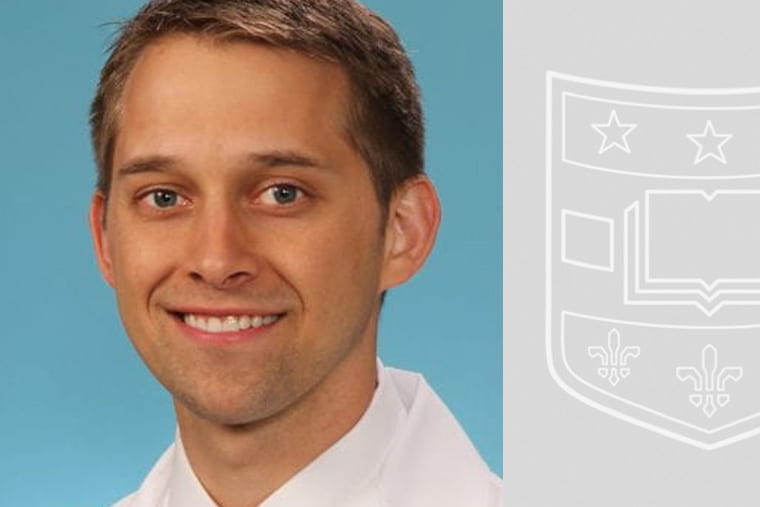You’ve just been diagnosed with cancer of the throat, tongue or tonsil. The news is particularly devastating because these cancers affect what most makes us human – our facial appearance, speech, eating, and swallowing.
Naturally you start searching for the best care available near you. That will be much easier to find in a metropolitan center than it will in rural America. And, if you’re near St. Louis, you are particularly lucky. The head and neck oncology program at Washington University School of Medicine is arguably second to none.
For starters, this institution has experts in every avenue of patient care. That’s important when treatment involves other specialties like neurosurgery and thoracic surgery. Most of the specialists here are nationally recognized for what they do. Residents and fellows are also cream of the crop, an important factor when round-the-clock care is needed.
One of the most important benefits of this program isn’t expertise, but how that care is delivered. The head and neck multidisciplinary clinic allows patients to be seen by otolaryngologist, radiation oncologist and medical oncologist all at the same time. This coordinated approach makes sure all providers are on the same page and can be very reassuring for patients. If that isn’t enough, a weekly tumor board meeting puts each patient’s case in front of more than 40 specialists for review.
“Technique is very important in these cases,” says Ryan Jackson, MD, one of the nation’s busiest robotic surgeons. “Diseases in the back of the throat have very limited access for viewing or surgical removal. Transoral robotic surgery and transoral laser surgery have really changed our approach. These procedures are less invasive so patients recover faster.”
The real benefit according to Dr. Jackson, is that, “With expertise in every approach, treatment can be determined by what’s best for the patient, rather than what the hospital is most equipped to provide.”
Finally, the standard of care isn’t standard for long at this institution. Ongoing research and clinical trials are constantly changing the way treatment is considered for each patient which is why they are willing to travel for hours to receive this benefit. The latest basic science and clinical research back every decision made here.
Since cancer treatments often cause greater tissue damage than the cancer itself, a considerable effort is being made to learn how much that treatment can be reduced and still be effective. Ancillary care providers in the form of speech and swallow pathologists, audiologists, dieticians, social workers and physical therapists are all part of the team. According to Dr. Jackson, “The team approach is something we do very well, and patients appreciate that.”
